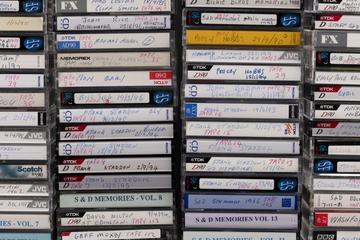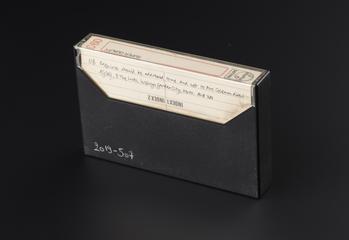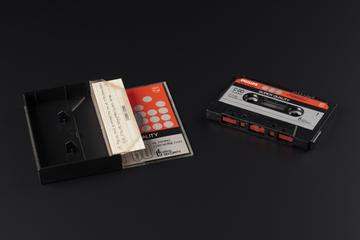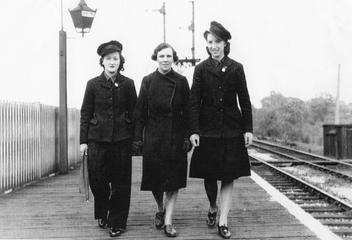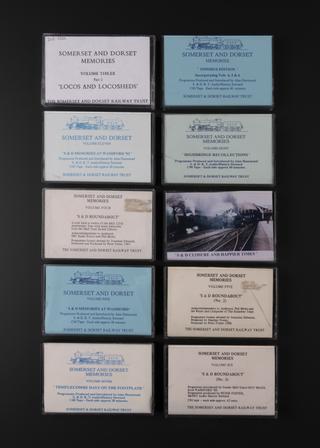
Hugh Fenwick interviewed by David Wharton-Street
- Made:
- 2018-05-01 in North Yorkshire
- maker:
- David Wharton-Street
Oral history interview with Hugh Fenwick, conducted and recorded by David Wharton-Street at the interviewee's home in North Yorkshire on 1 May 2018. Duration: 2 hr. 4 min. 42 sec. Early career; British Rail Civil Engineering Training Scheme; delegated responsibility and authority; secondment to Doncaster District Engineer 1977; development of Concrete Bridge Design (CBDES) computer programme; designing route for Selby Diversion; land purchase; Resident Engineer for Selby Diversion 1980; Outside Parties Bridge Section Regional Civil Engineer’s Office York 1984; ambitions; role and responsibilities of Works Engineer; East Coast Main Line (ECML) electrification; Organising for Quality (OfQ); changes due to sectorisation; Drawing Office Planning and Control System (DOPACS); renaming of Design Department to York Engineering Services (YES); Self-Accounting Unit (SAU); Leadership 5000; Quality Accreditation BS5750; transfer of civil engineering staff to sectors 1991-1992; employment of consultants; Total Business Management (TBM); re-organisation; realignment of YES; new industry structure; profits made from contracts with sectors; computer aided design (CAD); reporting lines; AD Little consultants; reaction of British Rail Infrastructure Services (BRIS); consideration of management buyout (MBO); working with Railtrack; British Rail Vendor Unit; becoming a limited company; Civil Engineering Design Group (CEDG) Ltd.; British Steel as owners of CEDG; Managing Director British Steel CEDG; success; bids; role; reflections on privatisation process; sectorisation; effects of privatisation; Railtrack/Network Rail issues; vertical integration; effect on personal life
One of over 150 oral history recordings made as part of the Britain’s Railways All Change (BRAC) archive project. BRAC was set-up to cover gaps in documenting the railway privatisation process in the United Kingdom, between 1994 and 1997, when the government-owned British Rail was dismantled into over 100 privately-owned companies. The interviews capture the recollections of people involved in the planning and implementation of the privatisation process, the management of change and running the railway during privatisation.
Details
- Category:
- Oral Histories
- Collection:
- Britain's Railways All Change
- Object Number:
- 2020-358
- type:
- oral history interview
- copyright:
- Science Museum Group
- credit:
- Britain's Railways All Change (BRAC) oral history archive, created in partnership with the Friends of the National Railway Museum, the Retired Railway Officers' Society and the National Railway Museum.
